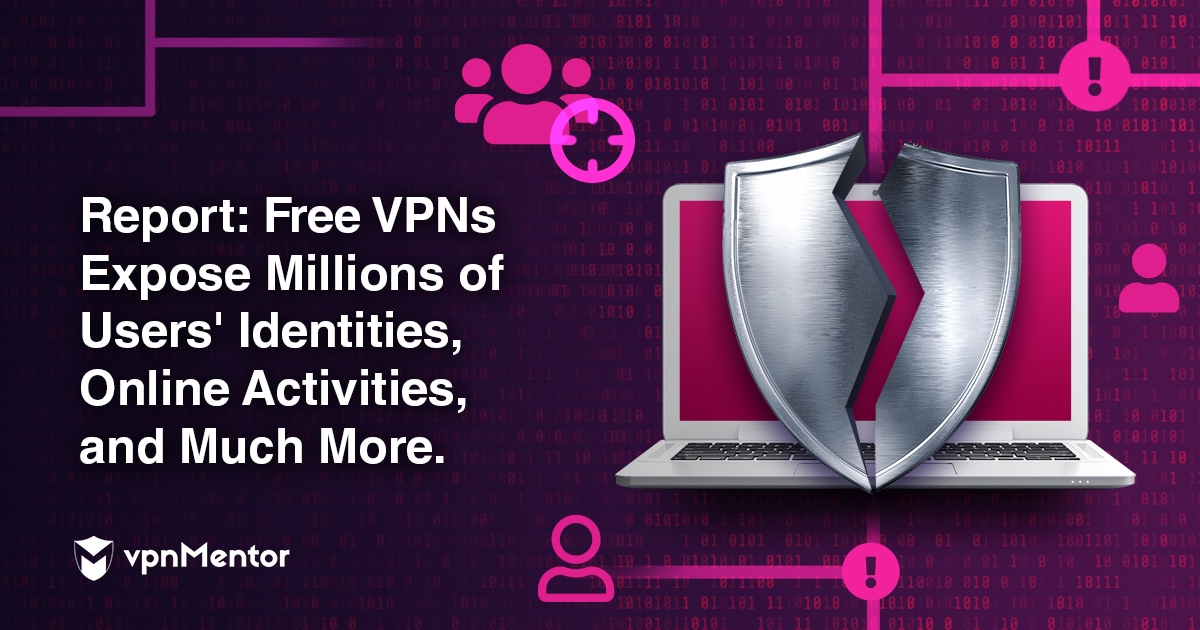So I wanted to share a VPN Service that was brought to my attention. Surfshark
I am presently on ExpressVPN, and though I like the speed and service I had a coworker tell me about Surfshark. He was on ExpressVPN about the same time I have been on, about a year now, I think I bought the 15 month package since my subscription is up in Feb. 2021. Anyway, with their Holiday Special at 27 months for $65 I could not pass it up. Plus it is unlimited connections. Reviews seem to be good. I just tested my speeds and they are very close to or if not even the same as ExpressVPN. Speed is one the main issues with VPNs. Also, Surfshark unblocks Netflix too. Not trying to sell anything here, just sharing...


I am presently on ExpressVPN, and though I like the speed and service I had a coworker tell me about Surfshark. He was on ExpressVPN about the same time I have been on, about a year now, I think I bought the 15 month package since my subscription is up in Feb. 2021. Anyway, with their Holiday Special at 27 months for $65 I could not pass it up. Plus it is unlimited connections. Reviews seem to be good. I just tested my speeds and they are very close to or if not even the same as ExpressVPN. Speed is one the main issues with VPNs. Also, Surfshark unblocks Netflix too. Not trying to sell anything here, just sharing...



